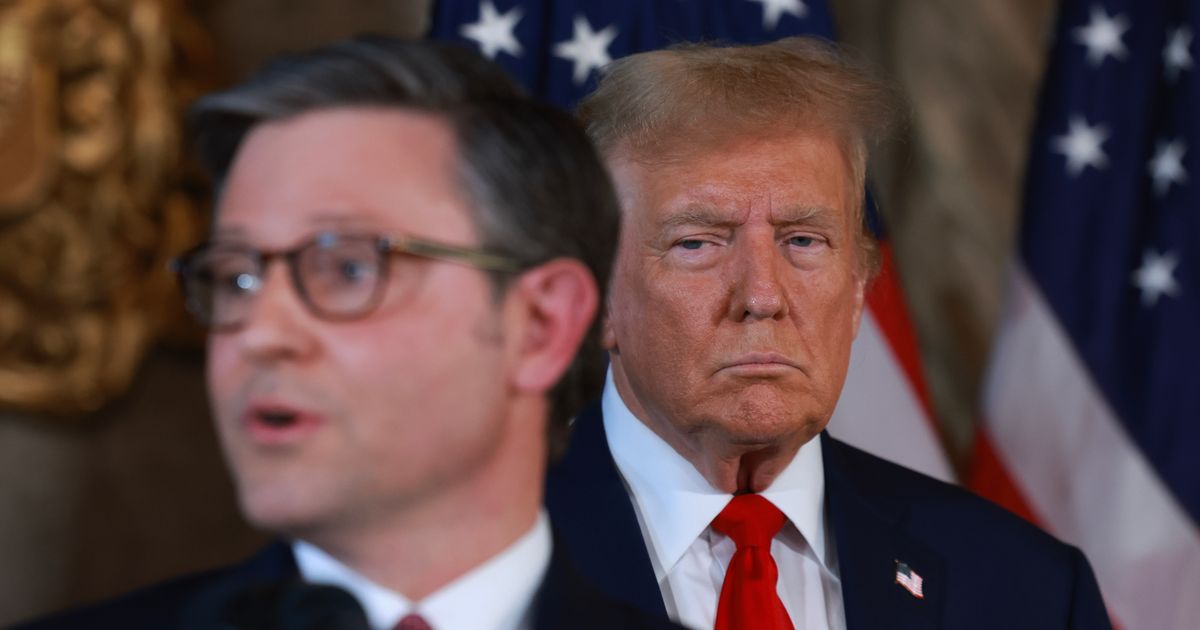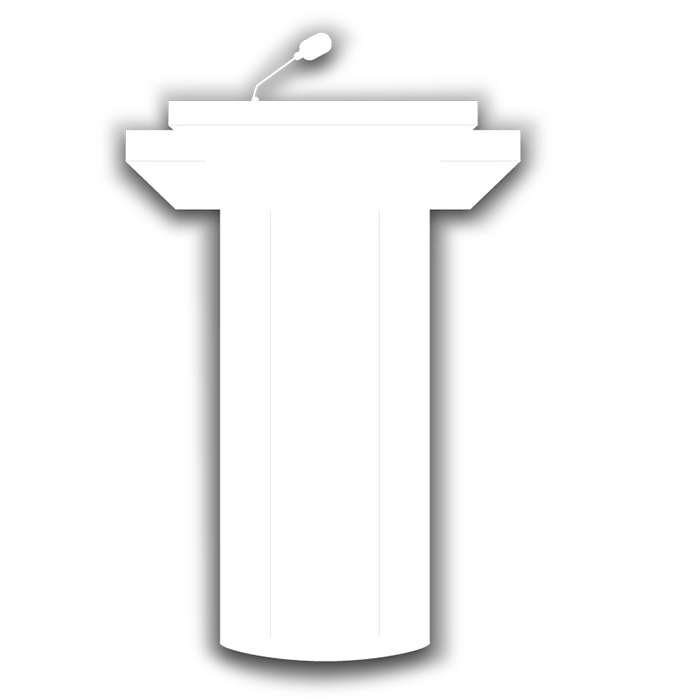Was the Ukraine Aid Bill a Trump Defeat or a Strategic Retreat?

24/04/2024 20:50
There's no question that the passage of a foreign-aid package similar to what Joe Biden requested last October was a setback for America First diehards and the confrontation-above-all hyperpartisans of the House Freedom Caucus. It also represented a personal vindication for House Speaker Mike Johnson, who until recently looked a little lost in his job. Marjorie Taylor Greene's threats to take away Johnson's gavel for the grievous heresy of selective bipartisanship now look hollow. The successful appropriation of crucial aid for Ukraine was even more obviously a big W for President Biden, who showed both determination and flexibility in negotiating with congressional leaders from both parties.
It's tempting to extend this handicapping of the foreign-aid bill to the 2024 presidential election and hand a big L to Donald Trump, who spent many of the crucial moments of the struggle in Congress alternately glowering and falling asleep in a Manhattan courtroom. Staunch anti-Trump conservative pundit David Frum made the case in The Atlantic that this episode not only hurt the 45th president but foretold his demise in November:
[Ukraine aid] is the issue on which traditional Republican belief in U.S. global leadership clashes most directly with Trump's peculiar and sinister enthusiasm for Vladimir Putin's Russia. And on this issue, the traditional Republicans have now won and Trump's peculiar enthusiasm got beat.
To make an avalanche takes more than one tumbling rock. Still, the pro-Ukraine, anti-Trump vote in the House is a very, very big rock. On something that mattered intensely to him — that had become a badge of pro-Trump identity — Trump's own party worked with Democrats in the House and Senate to hand him a stinging defeat. This example could become contagious. …
He has deflated to the point where he could no longer thwart Ukraine aid in Congress. Ukraine won; Trump lost. That may be a repeating pattern in the year ahead.
Is that shrewd analysis or wishful thinking? Trump's congressional allies think the former president made a strategic retreat on Ukraine and implicitly gave Republicans a green light to enact the foreign-aid package, as Punchbowl News reported:
Oddly enough, some GOP senators believe that former President Donald Trump actually enabled passage of this bill in the end — or at least gave some political cover to those who flipped from "no" to "yes."
While Trump has declared his opposition to new Ukraine aid, the presumptive Republican presidential nominee didn't try to kill this measure as he did successfully with the bipartisan border security deal a few months ago.
Instead, Trump issued a vague statement about European nations doing more to help Ukraine. And Trump later defended Speaker Mike Johnson amid calls from some hardline GOP conservatives to topple the speaker.
To many Senate Republicans, that was as much of a green light as they'd get from Trump to vote for this bill.
MAGA ultra J.D. Vance, who opposes aid to Ukraine and voted against the foreign-aid bill, suggested the former president knew exactly what he was doing, as Punchbowl News noted:
"What Donald Trump did was he stayed out of it," Vance told us. "I think it was smart politically because he's not president of the United States. What's smart for him is to maintain flexibility."
There's not much question that Trump's mild praise for Johnson, uttered at a hastily arranged joint presser at Mar-a-Lago on the brink of the foreign-aid fight in the House, was a big signal that it was possible to back the Speaker without losing one's MAGA credentials. And the substance, so to speak, of that presser shows what Trump is really focused on rather than legislative wins or defeats in the 118th Congress: a redundant proposal to ban voting by undocumented immigrants, a key part of past and possibly future MAGA claims about elections "rigged" by Democrats. Given the timing, it sure appeared to be a quid pro quo: Johnson reinforcing Trump's 2024 message and strategy and Trump letting it be known he'd look the other way as Johnson steered a bipartisan bill through the House that didn't necessarily involve one of his top priorities. To put it another way, as Vance implied, a President Trump can have a bigger impact on what happens to Ukraine than Candidate Trump can muster as leader of a party divided on this subject.
Perhaps if Biden ultimately defeats Trump by a margin large enough to head off another contested election, we can look back and conclude that Frum is right and the foreign-aid saga was the beginning of the end for the former president's attempted comeback. There are obviously some other problems remote from foreign policy that are raining on Trump's parade, from his legal challenges to his campaign's dollar disadvantages to the possibility that independent candidate Robert F. Kennedy Jr. could win more Republican than Democratic votes. But it's too soon to say right now that the forces of traditional bipartisan foreign policy have routed the America Firsters or that Trump's opponents will have the last laugh as he fades like a bad nightmare.


